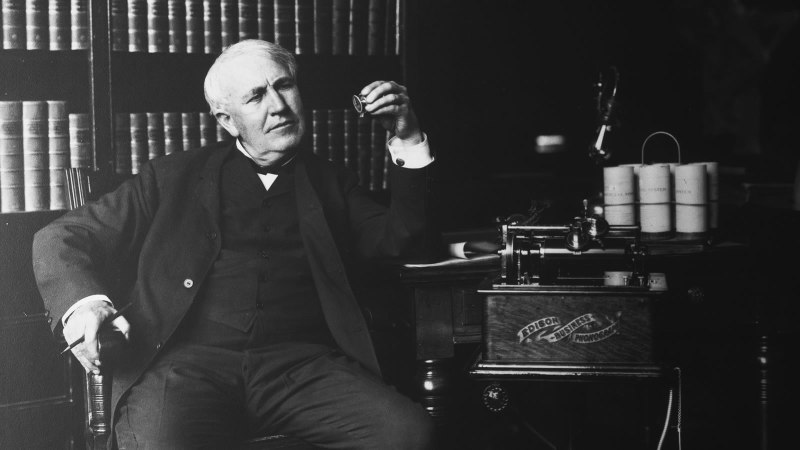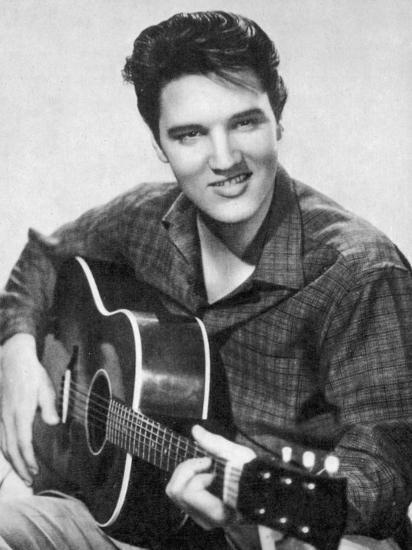
If you scroll through the barrage of college graduation pictures this month, it will be difficult to point out which students will go on to change the world. It will, however, be easy to point out the students that (probably) won’t.
You can identify them because their gowns are adorned with a myriad of colorful tassels, stoles, pins, ribbons, etc. They spent the past two decades chasing approval from their parents and teachers: memorizing data, regurgitating trivia, and correctly filling bubbles next to arbitrarily selected multiple-choice questions—in other words, playing by the rules.
This is why their careers will end, in the words of T.S. Eliot, not with a bang, but a whimper.
Pursuing quantifiable success, especially in school, tends to go hand-in-hand with a reluctance to pursue originality. You become so preoccupied with checking boxes that you can’t lift your gaze to see, much less think, outside the narrow confines of a syllabus or job description.
Accordingly, we see swarms of straight-A students flock into systems-oriented careers: engineering, accounting, medicine, finance—domains in which you can win by simply following rules. Not that there’s anything wrong with that. You get a healthy, predictable salary, benefits, and 401K package.
But you probably won’t change the world.
The chief characteristic of an innovator is a deep aversion towards the defaults that others accept in order to “succeed.” But that aversion comes with a cost, especially in childhood.
Research demonstrates that elementary school teachers routinely discriminate against iconoclasts. Their least favorite students are the “troublemakers” who don’t conform to lesson plans and who don’t shy away from butting heads if someone else in the class says something wrong or stupid. Meanwhile, their peers who follow every rule to a T become, predictably, teachers’ pets.
 Make no mistake: Successful students usually become successful adults, albeit in tightly restricted niches that promise six figure salaries and “stability.” But as psychologist Ellen Winner points out, only a fraction of gifted children evolve into revolutionary adult creators.
Make no mistake: Successful students usually become successful adults, albeit in tightly restricted niches that promise six figure salaries and “stability.” But as psychologist Ellen Winner points out, only a fraction of gifted children evolve into revolutionary adult creators.
When psychologists study history’s most renowned entrepreneurs, artists, and leaders, they discover that the vast majority were underwhelmingly average students: John McCain, Thomas Edison, and Elvis (who actually failed a music class) just to name a few.
Conversely, if you follow child prodigies (or that kid who aced every spelling test) into adulthood, you’ll find that few grow up to make waves in the world. As the psychologist Adam Grant says, “Practice makes perfect, but it doesn’t make new.”
My previous and current bosses were notorious underachievers in the classroom. One proudly asserts he earned “straight Cs.” The other was expelled from numerous high schools and barely graduated from college. Both have made more significant contributions to the world than their “VP of strategic business sales development analyst” counterparts who got a pat on the back from the dean of students after walking across the stage.
Neither inquired about my grades or even where I went to college.
Sure, two people is a small sample size. But it’s enough to make the case that arguing with high school teachers over fractions of percentage points to boost my GPA was a catastrophic waste of time and energy.
The point here isn’t to denigrate honor roll students, but rather to note that being on the honor roll has no correlation with making any meaningful difference in the world once you exit the nerf-like environment of school.
If you want to applaud the tassel-bearing students on Facebook, knock yourself out. Just consider that making the honor roll isn’t as much of an honor as it is a token of obedience.
(If you’re giving a valedictorian speech, feel free to plagiarize as much of this blog post as you want).
Have you read these five books to base your life on? Get the list, plus seven strategies I stole from marketing geniuses to promote your work.